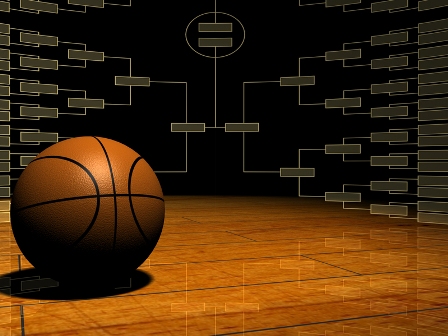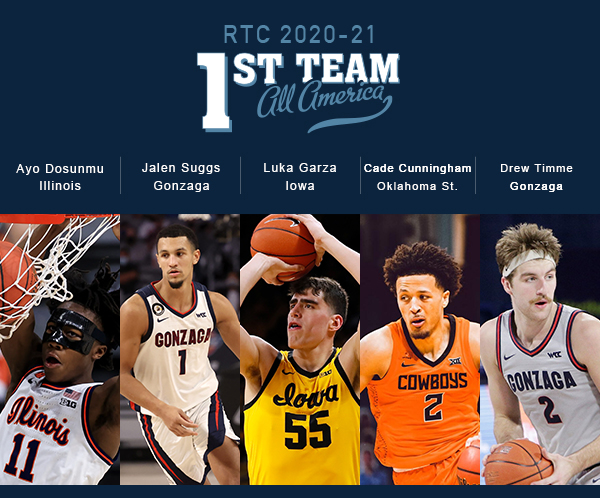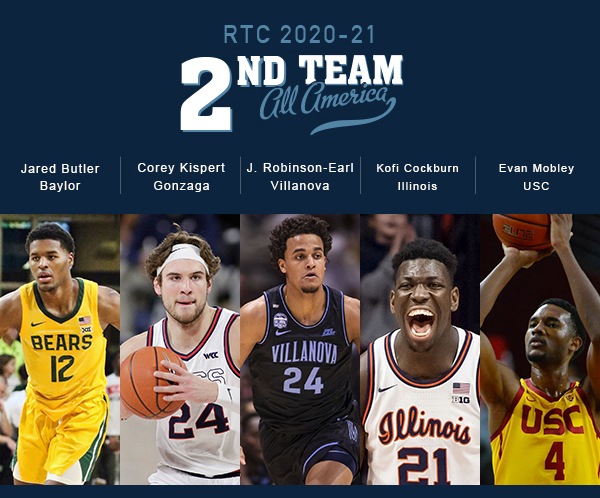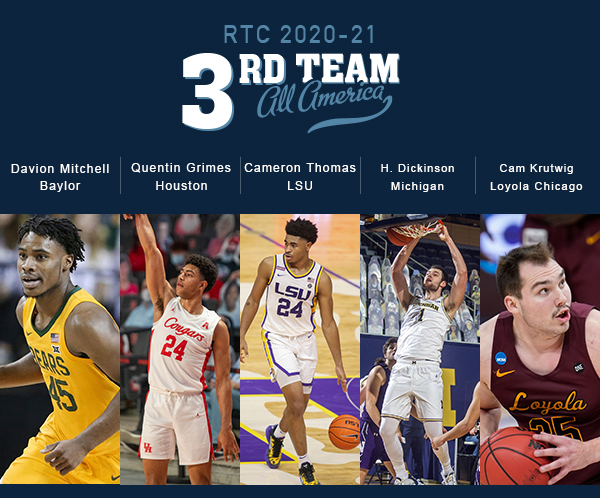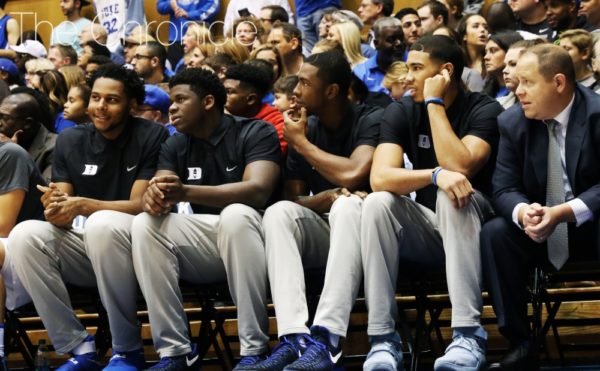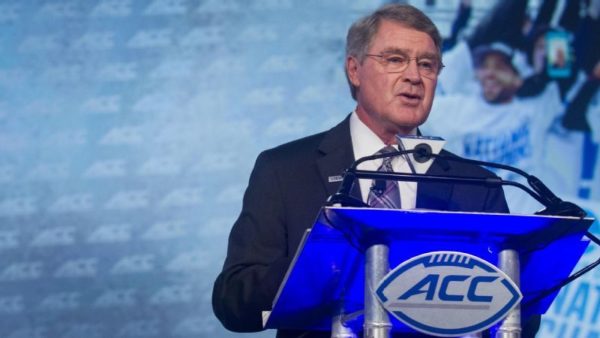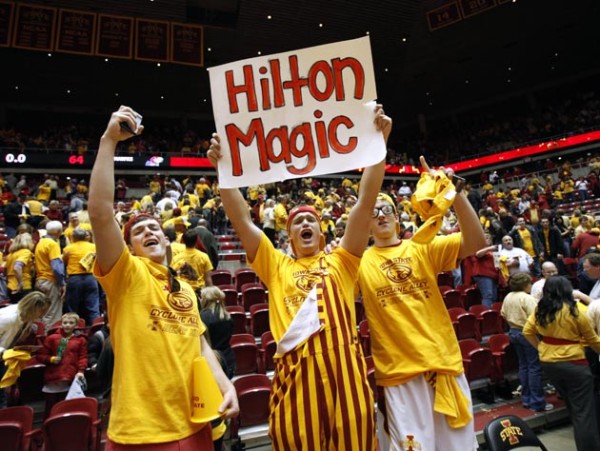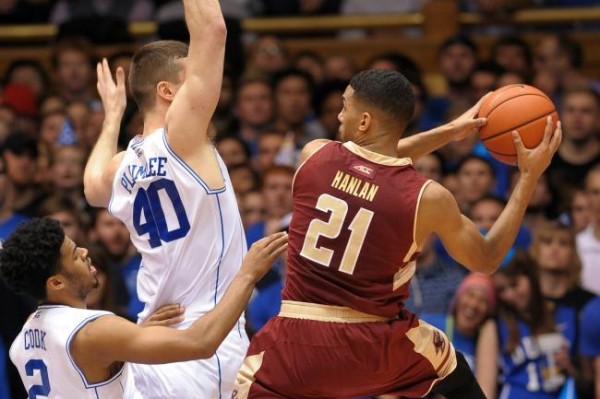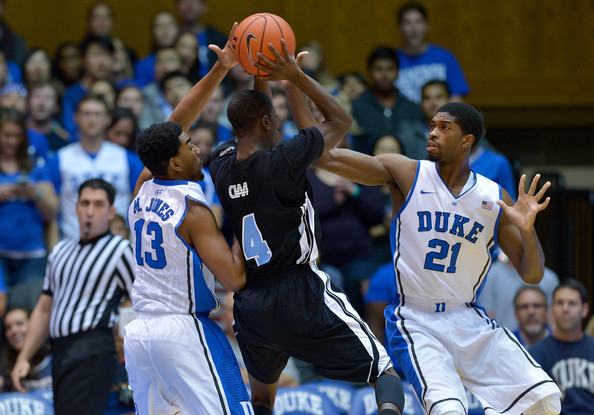Chris Johnson is an RTC columnist. He can be reached @ChrisDJohnsonn.
The growing cause for a dismantling of the NCAA’s ruling structure is reaching a breaking point. The Ed O’Bannon lawsuit, filed in 2009 in the hope of ending the NCAA’s practice of securing lucrative media rights and video game contracts without compensating student-athletes, is gaining steam in advance of the seminal legal showdown expected to go on trial in early 2014. The government is making headway, too, as just last week California signed into law a Student-Athlete Bill of Rights for the Golden State’s four Pac-12 schools. These are legitimate challenges that threaten to destabilize the NCAA’s authoritative grip on collegiate athletics, along with the ideological underpinnings that justify its amateurism model. As the clamors for change grow louder and the NCAA is increasingly shoved under the national spotlight and parsed for its standards of handling academic and impermissible benefits scandals at different institutions, the argument will continue to hit home with strong-willed onlookers – like O’Bannon and his class action lawsuit. For the NCAA, it’s only going to get worse before it gets better. Until a reasonable resolution is reached, and its administrative wherewithal is reconciled with the slew of legal and ideological challenges it currently faces, the NCAA will have to weather a steady dose of overwhelming public disapproval and fear the distinct possibility of new sources arising to debunk its legitimacy. That’s a mouthful of high-brow legal nuance, but there is no easy way to frame the legitimate threats posed by NCAA’s growing opposition.
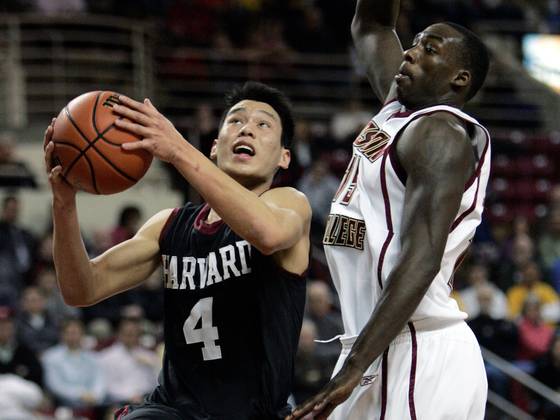
Even after leaving the program, Lin’s collaborative deal could strike fear into NCAA enforcement (Photo credit: Michael Dwyer/AP Photo).
The legal and value-based screeds against NCAA policy we’ve seen to this point have risen outside the organization’s ruling constructs. The actors that constitute college athletics (institutions, student-athletes) have not presented a challenge to the amateurism-based restrictions from which its authority is derived. Other than scandals and rule breaks which occur under the noses of various programs’ officials, the challenges have come from the outside – from ex-players like O’Bannon or ruling bodies like California’s state government. It would take an exceptionally defiant program to completely do away with NCAA protocol and remove the legislative shackles limiting their student-athletes’ financial potential. But if such a program existed, the one rogue institution with the will to formally challenge the NCAA and embrace whatever punitive consequences came its way, it probably wouldn’t be Harvard. After all, we’re talking about the universal gold standard of academic integrity, the embodiment of the student-athlete paradigm the NCAA so thoroughly promotes and enforces. Known for its halls of scholarly achievement and its unofficial status as the ultimate sovereign of higher education, Harvard is not the type of program you’d expect to strike up and co-opt a lucrative advertising deal with one of its former athletes. Yet that far-fetched muse could become reality.





























